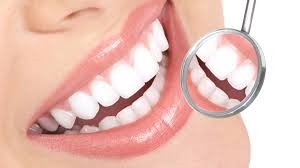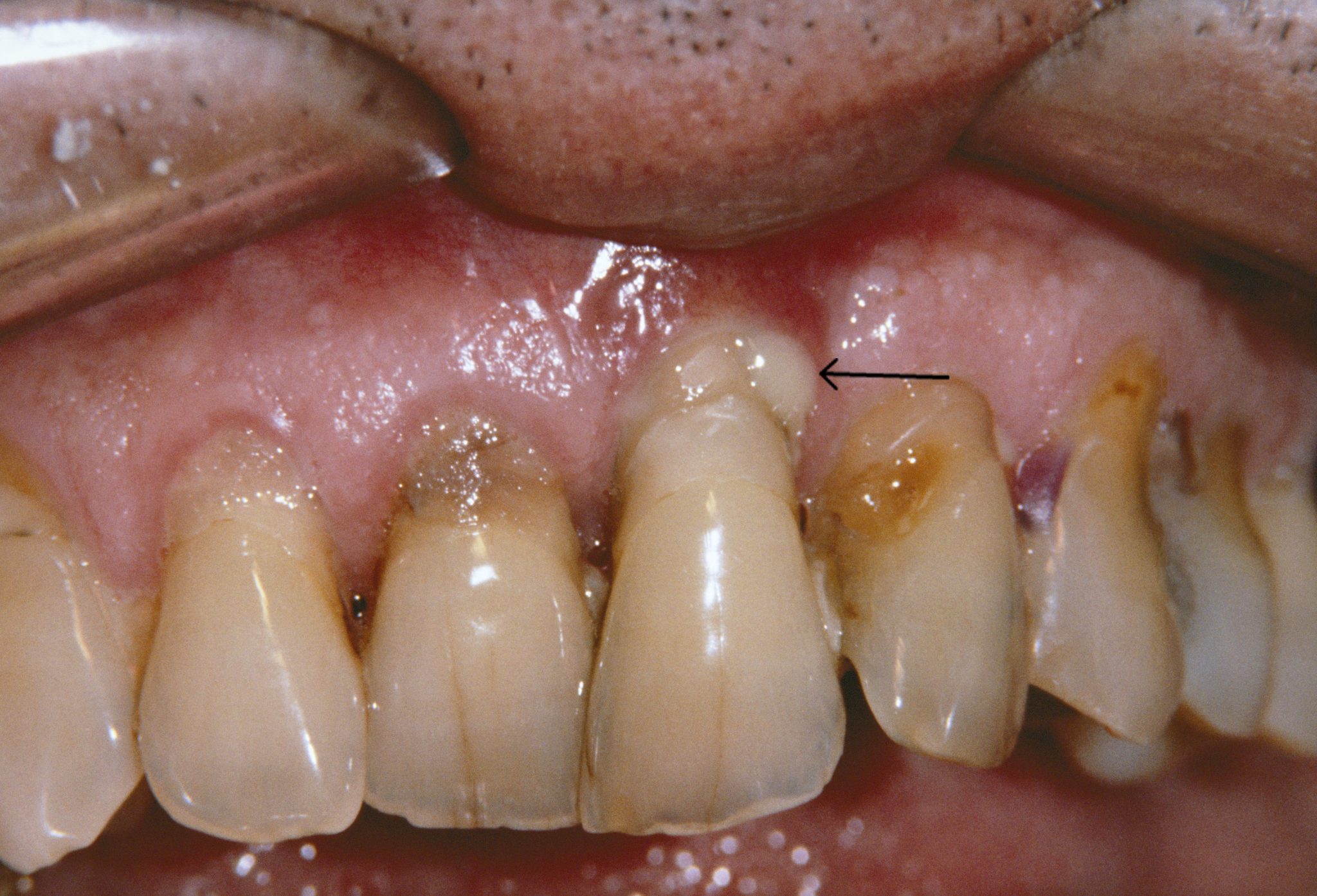To treat gingivitis it is recommended to pay special attention to oral hygiene. To do this, techniques such as professional cleaning with instruments that guarantee deep hygiene are suggested.

What diseases do we treat?
The alteration of the balance of the bacteria that inhabit the mouth and the accumulation of bacterial plaque can cause inflammation and bleeding in the gums and lead to diseases known as periodontal (because they affect the periodontium, the tissue that supports the tooth):
- Gingivitis: It is an inflammatory gum reaction of a reversible nature. It is the most frequent types of periodontal disease. It is understood as an infection and inflammation that destroys the supportive tissues that support the teeth, among which are the gums, periodontal ligations and dental alveoli (alveolar bone). If gingivitis is not treated, it can evolve and progress to periodontitis.
- Periodontitis: It is an inflammation and infection of the links and bones that support the teeth. Periodontitis happens when a gum infection (gingivitis) is not treated. Although not all gingivitis progress to periodontitis, all periodontitis does originate with gingivitis. This disease is characterized by alterations in color, texture and shape of the gum, as well as bleeding or retraction of the gum with a clear exposure of the dental root. Due to inflammation, gum pockets are formed that fill with dental plaque. This causes the inflammation to continue until they end up damaging the bone and tissues around the tooth. In adults, periodontitis becomes the leading cause related to tooth decay.
With the arrival of implantology, periodontics becomes responsible for preventing and also treating peri-implant diseases, which involve inflammation and infection of the tissues that support dental implants.
Origin of inflammation
Why its appearance?
The onset and progression of periodontal diseases depend on the following causes:
- Bacteria: Plaque is a sticky material composed of bacteria, mucus and food waste that accumulates on the outer parts of the teeth. Its accumulation has some long-term effects, among others, the inflammation or infection of the gums that becomes the main cause of the development of this type of diseases.
- Aggravating factors: There are a number of factors that can aggravate the onset of periodontal diseases, for example, smoking or diseases such as diabetes. The results of a recent study indicate that individuals with diabetes are more likely to suffer from periodontitis than individuals who do not suffer from this disease.
Treatment techniques
How to treat periodontal disease?
To treat gingivitis it is recommended to pay special attention to oral hygiene. To do this, techniques such as professional cleaning with instruments that guarantee deep hygiene are suggested. This technique should be accompanied by proper and complete oral hygiene at home, avoiding as much as possible the accumulation of bacteria in the gums. The use of antimicrobial substances can help make that purpose more effective. As for periodontitis, the treatment also goes through a deep cleaning, both in a professional clinic and at home, to avoid in the same way the accumulation of bacteria that do nothing but worsen the progression of the disease. After an initial assessment by specialists, treatment may require surgical intervention in order to slow the progression of the disease and correct the aesthetic defects that may have arisen.
Postoperative Guidelines
What to do after an intervention?
After a periodontal intervention, specialists recommend:
- Apply ice to the affected area to reduce inflammation.
- Sleep with your head slightly raised.
- Follow a soft diet and at room temperature.
- Apply petroleum jelly at the corner of your lips if you feel discomfort.
- Reduce physical activity during the first days.
- Do not smoke at any time during the first 7 days.
- Limit alcohol intake during the first 4 days.
Periodontal treatment at the Hospital in Barcelona
A favorable control of periodontal disease requires a program aimed at maintaining and improving the results of the initial treatment, as well as preventing the appearance of new conditions. The prevention or detection of periodontal diseases in early stages is the only way to ensure their control.

